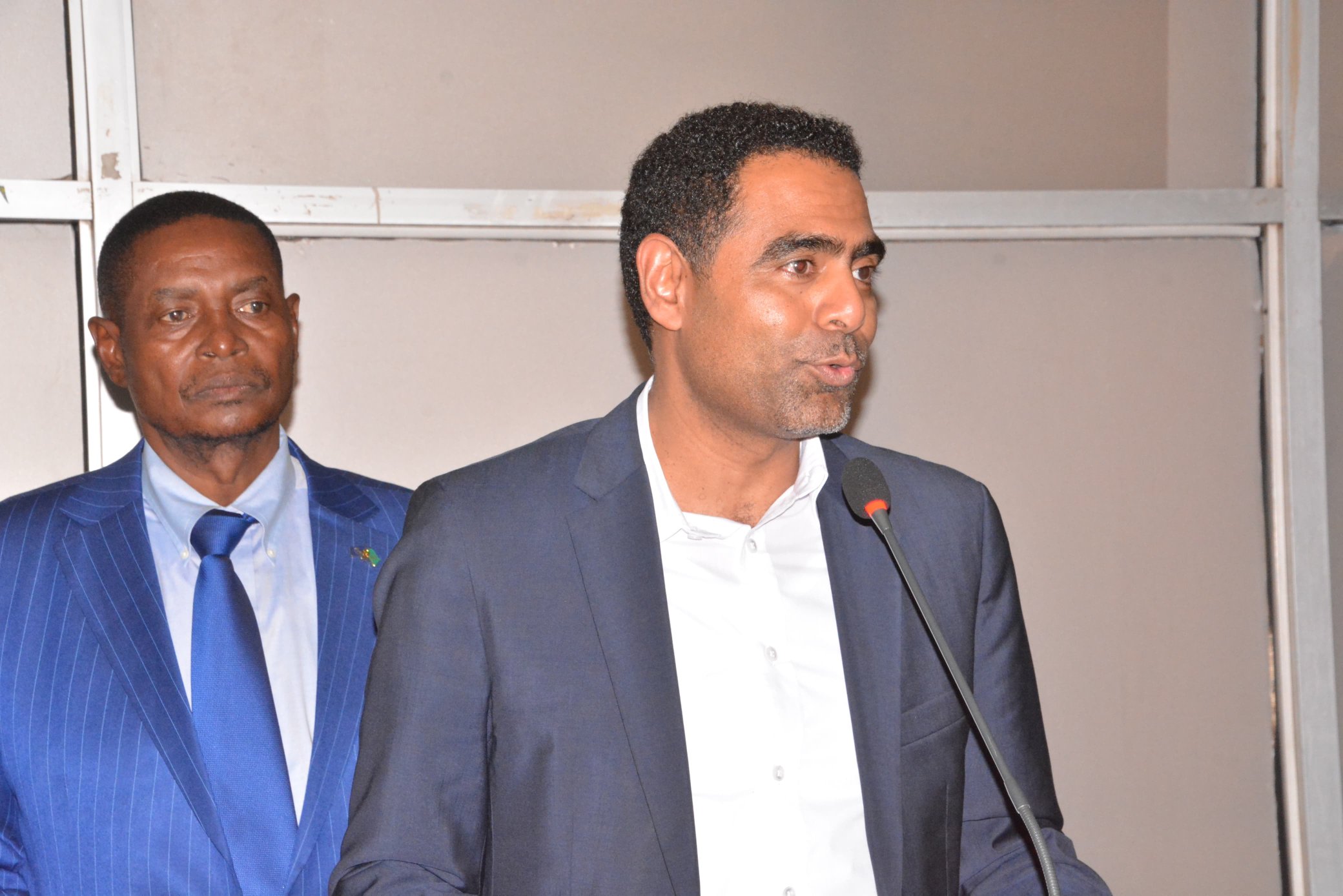FKF rows stymie preps for upcoming tourneys

Just when football lovers in Kenya were beginning to celebrate the possibility of getting new leaders for the sport, a disgruntled contestant has obtained a court injunction stopping the long-awaited Football Kenya Federation (FKF) election.
Whereas aggrieved persons have the right to seek recourse in courts, we must not forget that Kenya recently emerged from a Fifa suspension because local football honchos had refused to vacate office. Instead, they used underhand manoeuvres that compelled the government to intervene. This is the one thing that Fifa abhors, and it led to Kenya’s suspension for two years.
The affected managers knew that government officials, led by then Sports minister Ababu Namwamba, were playing into the hands of the rogue football managers, and, when Fifa struck, the country was thrown into limbo. As such, government officials had to call the same managers to the negotiating table and plan a transition. Now, that too has being thrown into a spin.
Kenya’s football has been yearning for a revival that is long overdue. The evidence is there for all to see. Only last week, the national team defeated Ukraine 1-0 to book a berth in the World Amputee Football Federation Women World Cup semifinals. This is no mean feat considering that Kenya was the first to qualify for the semis in the tournament being played in Colombia.
Only weeks earlier, the Under-17 girls also made history by not only qualifying for the World Cup but also scoring Kenya’s first World Cup goal and securing its first World Cup match victory.
All these point to a growing interest in football among players, parents, fans and other stakeholders. The sad thing is that instead of riding on this momentum to energise the country, football managers at the national level have decided to become part of the problem rather than the solution.
When they were invited for a televised debate to sell their agenda to citizens, some of the prospective FKF presidential candidates opted to launch personal attacks against each other rather than address critical issues. This came at a time when Kenya has no stadium that fits either Fifa or Confederation of African Football standards, yet it is expected to co-host the African Nations Championship in February and the AFCON tournament in 2027.
The question that should be preoccupying football managers now is whether Kenya is ready for the two big responsibilities that lie ahead and if it is not, what ought to be done to ensure that it is ready in good time. And this is not just about building stadia hurriedly. It is also about putting together a showpiece that will involve working with artistes, event organisers, sponsors and other critical stakeholders. Most importantly, it is about energising the public so that Kenyans can find a reason to buy tickets and attend all the matches.
The debacle of African champions playing in empty stadia has become an embarrassment that has been allowed to go on for far too long. But this trend is not surprising if football managers in past host countries behave like their Kenyan counterparts, putting their interests ahead of the development of the game.
Kenya has an opportunity to right this wrong, but if the ongoing legal battles and boardroom wrangles are anything to go by, the country will continue to be part of the problems plaguing football in Africa and holding back its growth.
Football, without a doubt, is big business. Billions of shillings are at stake and managers have been positioning themselves to control this money. However, it is sad that they are not aligning their quest for leadership with the vision of growing the game. Rather, it is all about what they will get out of their roles. That is why they cannot agree on the way forward.
Sadly, instead of seeking ways to resolve their differences, they are roping in the courts while knowing all too well that this will invite the wrath of Fifa. The end game is that Kenya will once again be suspended while on the cusp of hosting two important showpieces. This is an embarrassment that must not be allowed to happen. The sooner the current and aspiring officials agree on a way forward, the better it will be for the game, for Kenya and for East Africa.
— The writer is the Editor-in-Chief of the Nairobi Law Monthly and Nairobi Business Monthly; Mbugua@nairobilawmonthly.com














